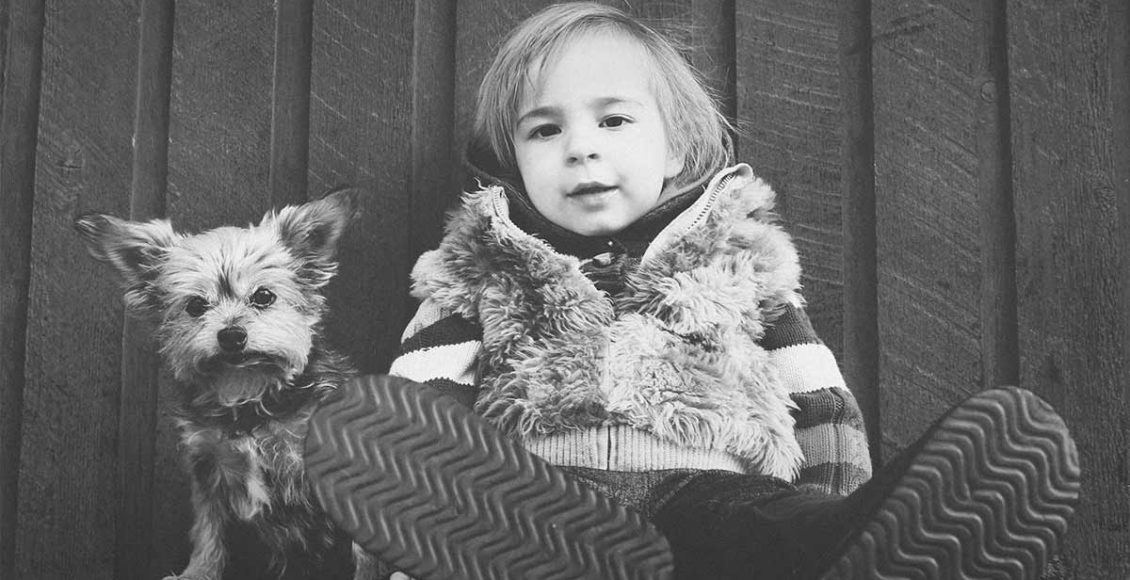Children Enjoy Pets’ Company More Than That Of Their Siblings, According to Scientists

Children get deeper and longer-lasting satisfaction from their relationships with pets than with their siblings, a study by Matthew T. Cassels, Naomi White, Nancy Gee and Claire Hughes published in Volume 49, March–April 2017 of the Journal of Applied Developmental Psychology reads.
Their research highlights the influence that pets may have on a child’s development, and suggests that forming a bond with a four-pawed pal at an early age could have a positive impact on children’s social skills and emotional stability.
Given the popularity of pets in western households, including some truly extreme cases, it comes as a surprise that pet-children relationships have been little explored in the past.
Matt Cassells, a Gates Cambridge Scholar at the Department of Psychiatry, who led the study, told CombridgeshireLive: “Anyone who has loved a childhood pet knows that we turn to them for companionship and disclosure, just like relationships between people.”
“We wanted to know how strong these relationships are with pets relative to other close family ties. Ultimately this may enable us to understand how animals contribute to healthy child development,” he added.
The study was carried out in partnership with the WALTHAM Centre for Pet Nutrition with the financial support of the Economic and Social Research Council.
Cassells and his team surveyed 12-year-olds from seventy-seven families with one or more pets of any type and more than one child in the household.
The polled children reported strong relationships with their pets compared to that with their siblings.
The study also revealed that of all other kinds of pets, dogs and children make the greatest of friends.
“Even though pets may not fully understand or respond verbally, the level of disclosure to pets was no less than to siblings,” says Cassels.
“The fact that pets cannot understand or talk back may even be a benefit as it means they are completely non-judgmental.”
“While previous research has often found that boys report stronger relationships with their pets than girls do, we actually found the opposite. While boys and girls were equally satisfied with their pets, girls reported more disclosure, companionship, and conflict with their pet than did boys, perhaps indicating that girls may interact with their pets in more nuanced ways,” he went on.
“Evidence continues to grow showing that pets have positive benefits on human health and community cohesion,” says Dr Nancy Gee, Human-Animal Interaction Research Manager at WALTHAM and a co-author of the study.
“The social support that adolescents receive from pets may well support psychological well-being later in life but there is still more to learn about the long term impact of pets on children’s development,” she added.


